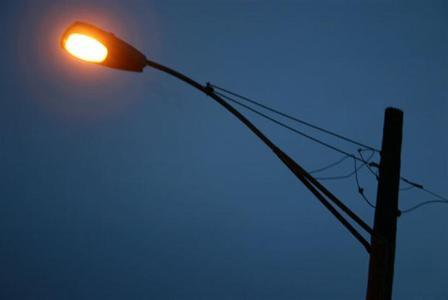Ward 5 Councilor Dumisani Nkomo, in collaboration with the community, has allocated the US$57,000 portion of their ward retention fund to fix 1,000 street lights in the ward.
The ward retention fund is a financial mechanism used by local authorities, involving setting aside a portion of ward revenue for development projects within individual wards.
In an interview with CITE, Councilor Nkomo said the ward applied for the ward retention fund last month.
“We decided as a ward to use our ward retention fund, which is 3% of the total of what ratepayers are contributing. Our portion was US$57,000, and we decided to go for something that is really doable, implementable, and can be accomplished throughout the whole ward.”
“The ward has almost 20 suburbs, so we decided to start by repairing street lights, targeting the 3,000 streetlights in the ward. We discovered some streetlights had not been functioning for over 10 years. Areas such as Windermere and Donnington have had no functioning lights in a decade,” he said.
Councilor Nkomo said that so far, over 100 street lights have been repaired, with 900 more to go.
He clarified that the money was not given directly to the ward, but all the project procurement is handled by the local authority.
“The ward retention fund is not given to us physically; it’s held in a council account. We then tell them the project, and all the procurement and everything is done on the council side. It’s not physical money that comes to the councillor or the ward development committee; it sits in the council account. Every ward has a ward retention fund. We applied for ours last month,” said Councilor Nkomo.
Meanwhile, he appealed to corporations to assist the ward in repairing more street lights and possibly investing in solar street lights.
“We probably have about 4,000 street lights that are not functioning. For that difference, we would like to appeal to corporations to help us match what we have done. We are repairing 1,000, and we are asking who can help us do another 1,000. For the next 1,000 or 2,000 street lights, we want to go green by using solar, utilizing the same infrastructure,” said Councilor Nkomo.
“Established companies can come in and install solar lights, which become renewable energy sources. This aligns with the ZESA crisis and the shift towards green energy, making it compliant with that.”
He noted that companies would gain carbon credits and be green-compliant as well.
“Council has always paid ZESA for street lights and traffic lights, but it’s not widely known. ZESA has switched to a prepaid system and decided to turn off street lights and traffic lights, like those on Plumtree Road. Council has always paid ZESA for these lights.”
“Going forward, we are saying because of the national energy crisis, we need to shift towards solar. So, for the next thousand lights that we are going to repair or for new street lights, we are encouraging corporates, embassies, and individuals to support us with solar light infrastructure. It’s renewable energy, it’s green and compliant with global trends,” said Councilor Nkomo.

